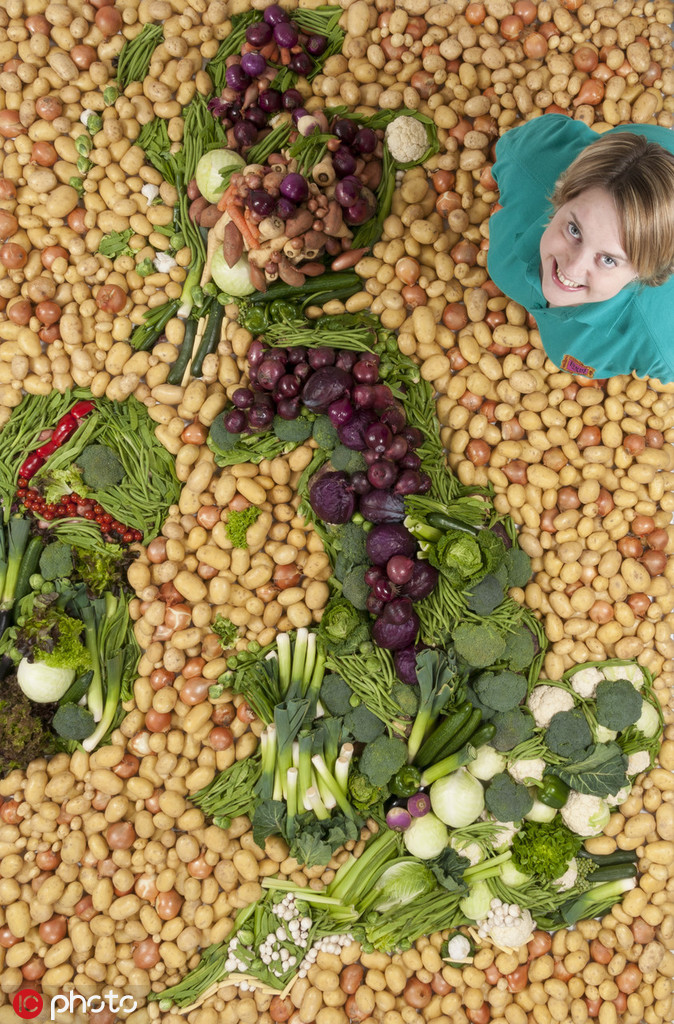UK's 'name and shame' effort targets food waste


Previously launched projects in the UK like the Love Food Hate Waste campaign and the Coulthard Commitment, both overseen by WRAP, have helped drive down annual food waste from 14.8 million metric tons in 2013 to around 10 million tons today.
The Coulthard Commitment challenges food service companies to improve efficiency in transportation and storage. British supermarket chain Asda provides one of the project's success stories. It has increased the shelf life of over 1,500 products through changes to its delivery and store systems.
In the restaurant sector, London-based startup Too Good to Go has launched a service that connects users to cut-price surplus meals at nearby eateries.
"Food establishments are creating an abundance of food, unaware of what the demand might be that day, but knowing that consumers want it to be fresh," said company co-founder Jamie Crummie. "Our platform means businesses don't have to throw food away ever again."
The company estimates it has saved more than 750,000 meals from the bin since its UK launch in 2016.
The hospitality and service sector is responsible for a tenth of total food waste in the UK, according toWRAP, while the manufacturing and retail industries account for 20 percent.
Some manufacturers are exploring new ways to put inedible waste back into food production. British drinks company Black Cow recently launched a vodka distilled from whey, a byproduct of cheese making.
But WRAP says the biggest hurdle to overcome is in the household, which accounts for 70 percent of UK food waste, compared with an EU average of 51 percent.
The opposite is generally true in the developing world, where household food is treated with more care, and most waste occurs in processing and distribution due to inadequate technology.
WRAP estimates that, of the 7 million tons of food that Britons throw away at home each year, just 2 million tons is unusable food scraps.
"That would fill Wembley Stadium nine times," said Richard Swannell, director of WRAP Global. "And it costs the average family 700 pounds ($870) a year. How many changes can you make tomorrow in your home that are going to give you that sort of return on your investment?"
Through its initiative Love Food Hate Waste, WRAP is educating Britons on measures they can take to throw away less. A big focus is on buying what you need, and not overstocking fridges with produce that will expire. Swannell recommends taking a photograph, or "shelfie", of cupboard and fridge contents before shopping.
WRAP also encourages people to freeze more produce and get creative with recipes that incorporate edible scraps like potato skins, stale bread and broccoli stalks.
About a third of food waste in the home is the result of how shoppers interpret product date labels, according to WRAP.
People sometimes mix up the intent behind "use by" labels (which concern food safety) and "best before" tags (which are a guidance for freshness).
The company is working with retailers to place "best before "instead of "use by" labels on certain products like pasteurized juices and hard cheese.
Supermarket chain Tesco is trying out the removal of "best before "labels altogether from 116 types of fruit and vegetables, leaving consumers to use their own judgment.
WRAP Global is also working with partners in China to reduce waste, with a particular focus on restaurants where a banquet culture leads to surplus food.
"Tackling food waste will save you money, but it will also make a big contribution to helping save the planet," said Swannell, the WRAP Global director. "We can help solve this problem starting today, just by taking small steps in our homes."

































